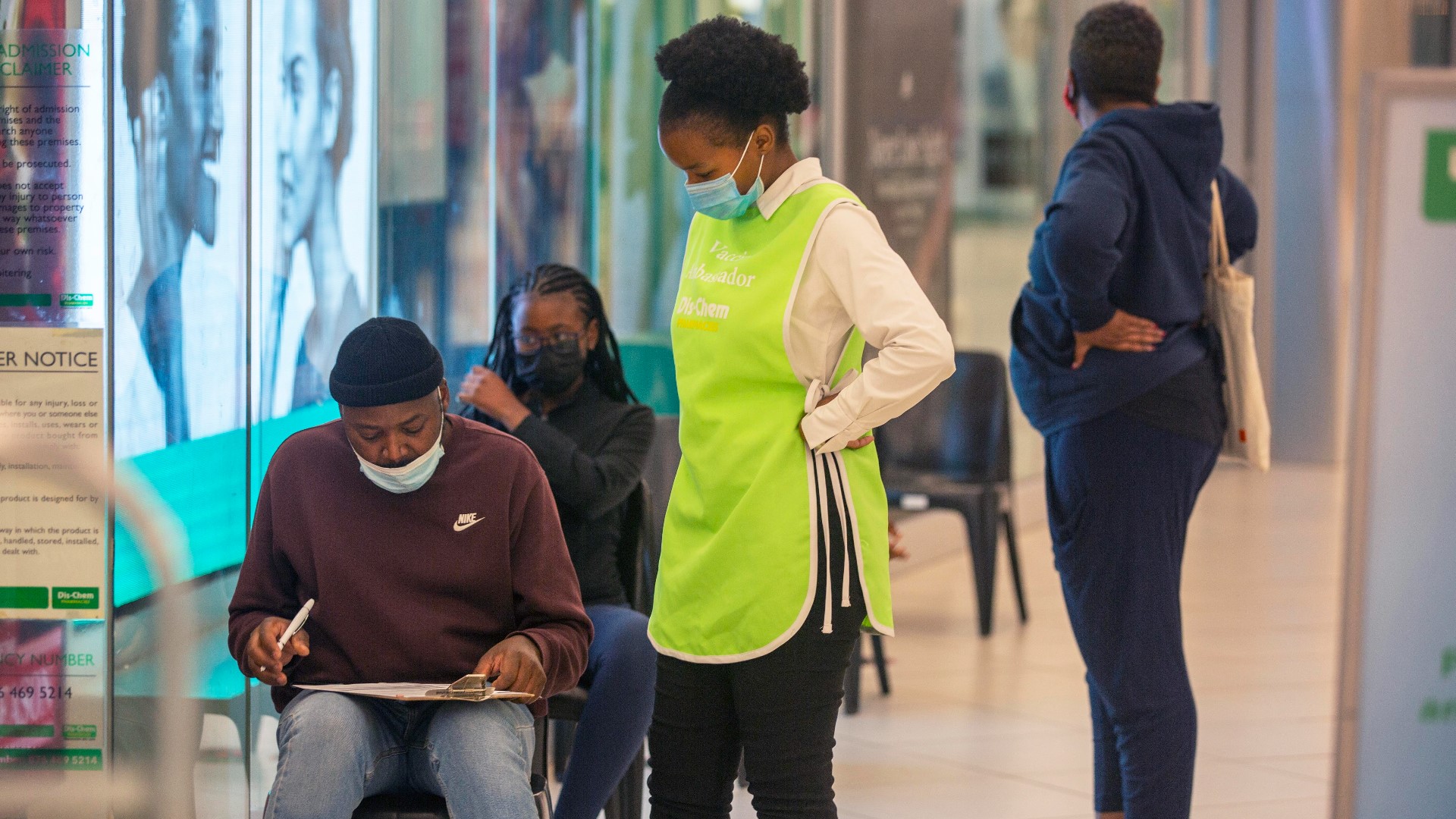SACRAMENTO, Calif. — As cold weather and holidays approach, health officials in the state of California are hoping to learn more about the new omicron COVID variant, which they say may already be in the Sacramento area.
In California, only 10 cases of the omicron variant have been detected but some health departments are using new resources, testing waste water for the presence of COVID variants. According to state epidemiologist Dr. Erica Pan, who spoke during a virtual Tuesday roundtable, some of these waste water testing results show that the variant could already be present across the state and in the Sacramento area.
“Sacramento had a couple of different signals: First, they found that specific 'S' gene mutation, that 'S' gene target failure," Dr. Pan said. 'S' gene target failure indicates the presence of the omicron variant in waste water tests
According to Dr. Pan, "This is certainly suggestive even though we haven't had any clinical cases reported in those counties yet that there is virus populating there as well."
The Sacramento County Department of Public Health says on Dec. 3, they were notified of "low concentrations" of the omicron variant's mutation found in a waste water sample which was collected in Sacramento on Nov. 30.
"This is useful because waste water surveillance is one of the tools that helps us identify new variants," the county's public health department said in a statement. "We continue with other tools, including identifying specimens to prioritize for whole genome sequencing, as we cannot possibly sequence every test result."
Sacramento County's Public Health Lab now has genome sequence testing capabilities although only certain COVID tests, which health providers or the county deem as potential variant cases, are put through the additional test. So far, Sacramento County has not identified any individuals with a case of the omicron variant and the delta variant remains dominant, according to Sacramento County Health Officer Dr. Olivia Kasirye.
"We will continue to monitor this with our academic partner and with the local health departments, but we are definitely seeing it occur across the state for sure" said Dr. Pan.
"We can’t identify a specific person"
The Sacramento Regional Wastewater Treatment Plant teamed with Stanford University looking for traces of the variant.
"It’s sort of a composite sample of the whole region, so although we can’t identify a specific person, we can find that it’s there whether or not they even know it," said Christoph Dobson, general manager for the plant.
He said that this indicates that there's at least one case in the vast area. The plant serves more than 1.7 million people.
"Somewhere in our system, someone has that particular COVID variant," he said.
In Davis, which is on a separate sewage system, researchers haven't encountered the omicron variant yet. But Heather Bischel is a UC Davis Assistant Professor leading wastewater monitoring efforts.
"Monitoring wastewater provides potentially a week, several days before someone would voluntarily go in for symptomatic testing…," said Bischel said.
Dobson said there is no evidence that once the wastewater gets to them that it is still infectious with the disease. It only means that some COVID-19 genetic material got to the plant.
A need for data
During a virtual roundtable Tuesday, health experts in the state expressed a need for more data in regard to the omicron variant, which was first discovered in late November by scientists in South Africa.
"More data needs to evolve before we will really say how infectious this is, a lot of people are concerned about that" Dr. Pan said.
Health officials are monitoring the situation across the globe to learn more about how the spread of the omicron variant will look in California.
"The African Public Health Authority has not officially reported any worrisome increases in hospitalizations, ICU admissions, or deaths but again its very early," Dr. Pan said. "Most of the cases that they have reported has really been again in young adults and travelers so were really waiting to see what about the elderly, what about the immunocompromised."
While monitoring the situation as it unfolds in other countries has given medical experts insight on the new variant, they are still looking towards more data to come soon.
"Many studies are pending," Dr. Pan said. "Our understanding is, in another week or two, we will have a lot more of the in vitro data."
In the meantime, as people host holiday gatherings and spend more time indoors due to the weather, health experts encourage caution.
"I think asking other people to be vaccinated and tested before they show up-- if you're the one hosting --is a really good tool," Dr. Pan said. "Keep the windows and doors open, maybe the people who are unvaccinated or immunocompromised can sit closer to the ventilation."
WATCH ALSO:

